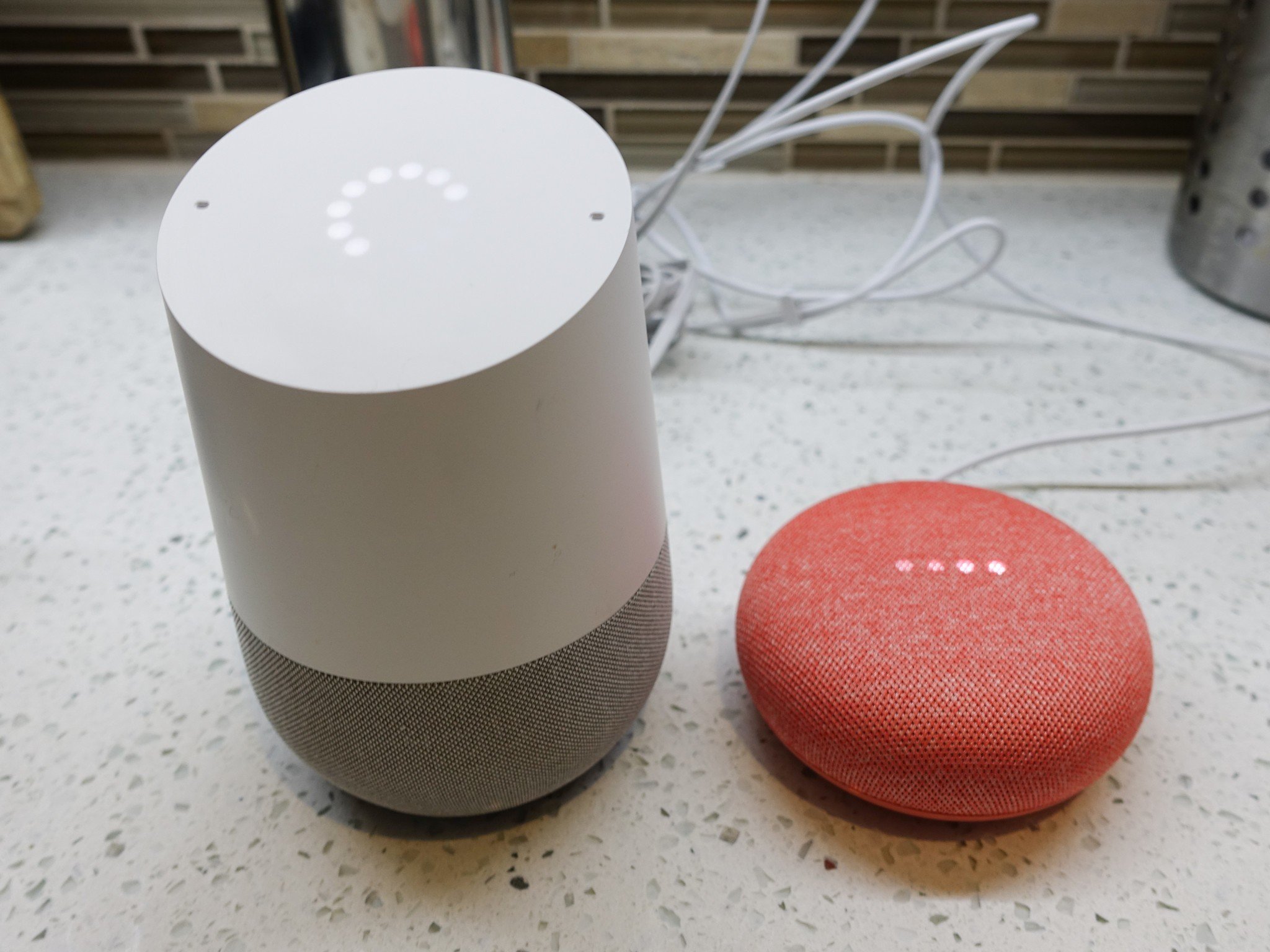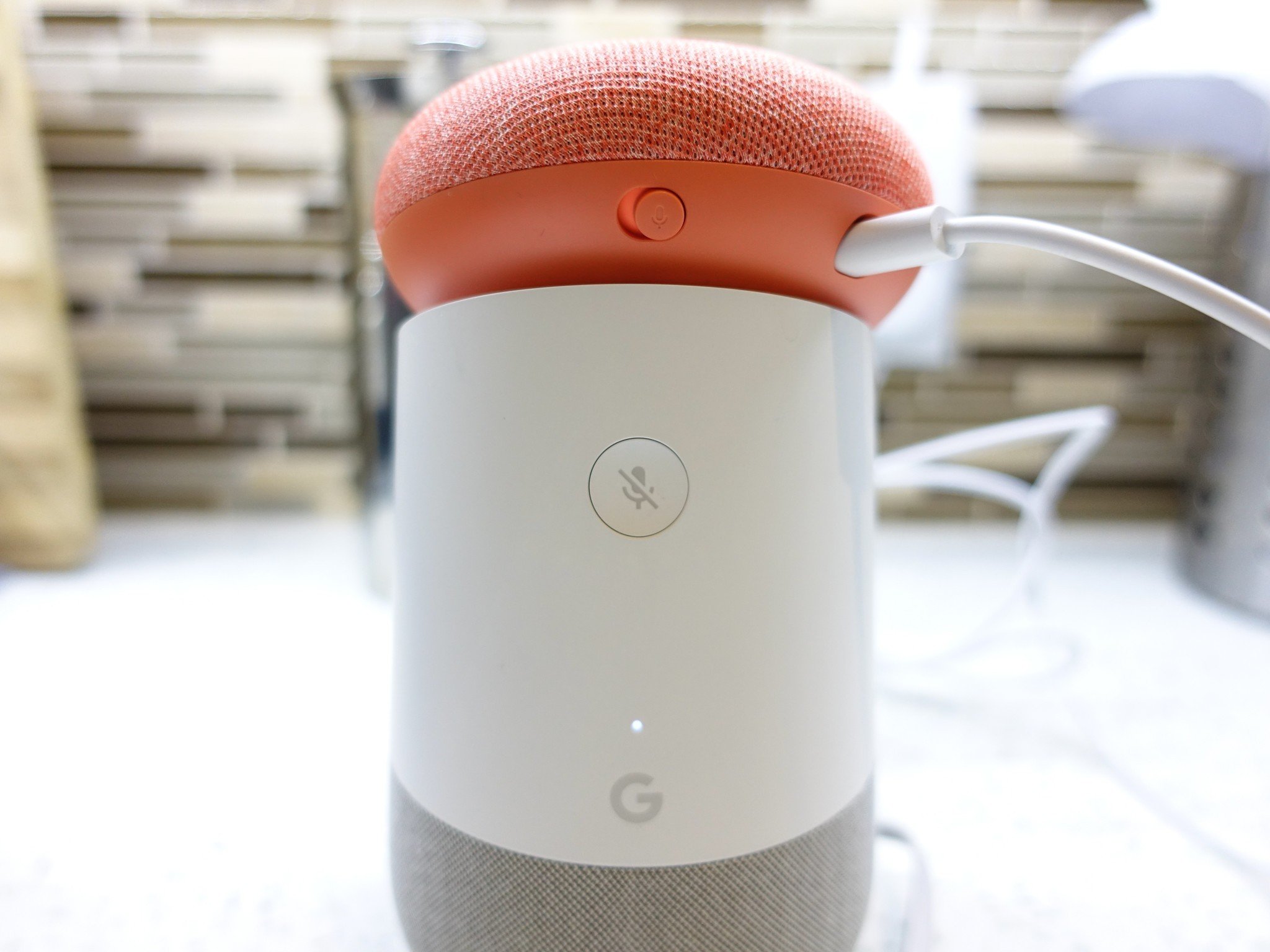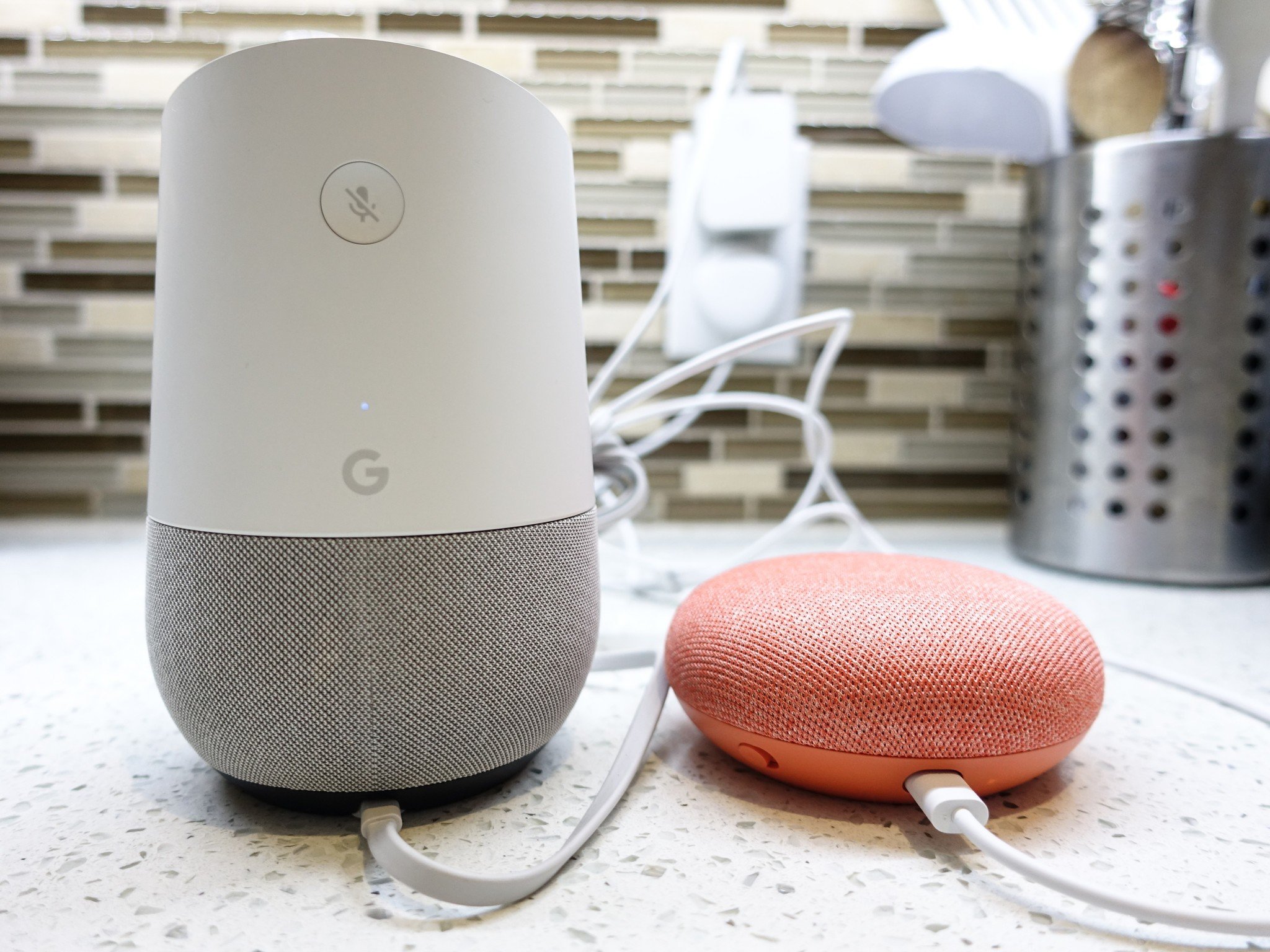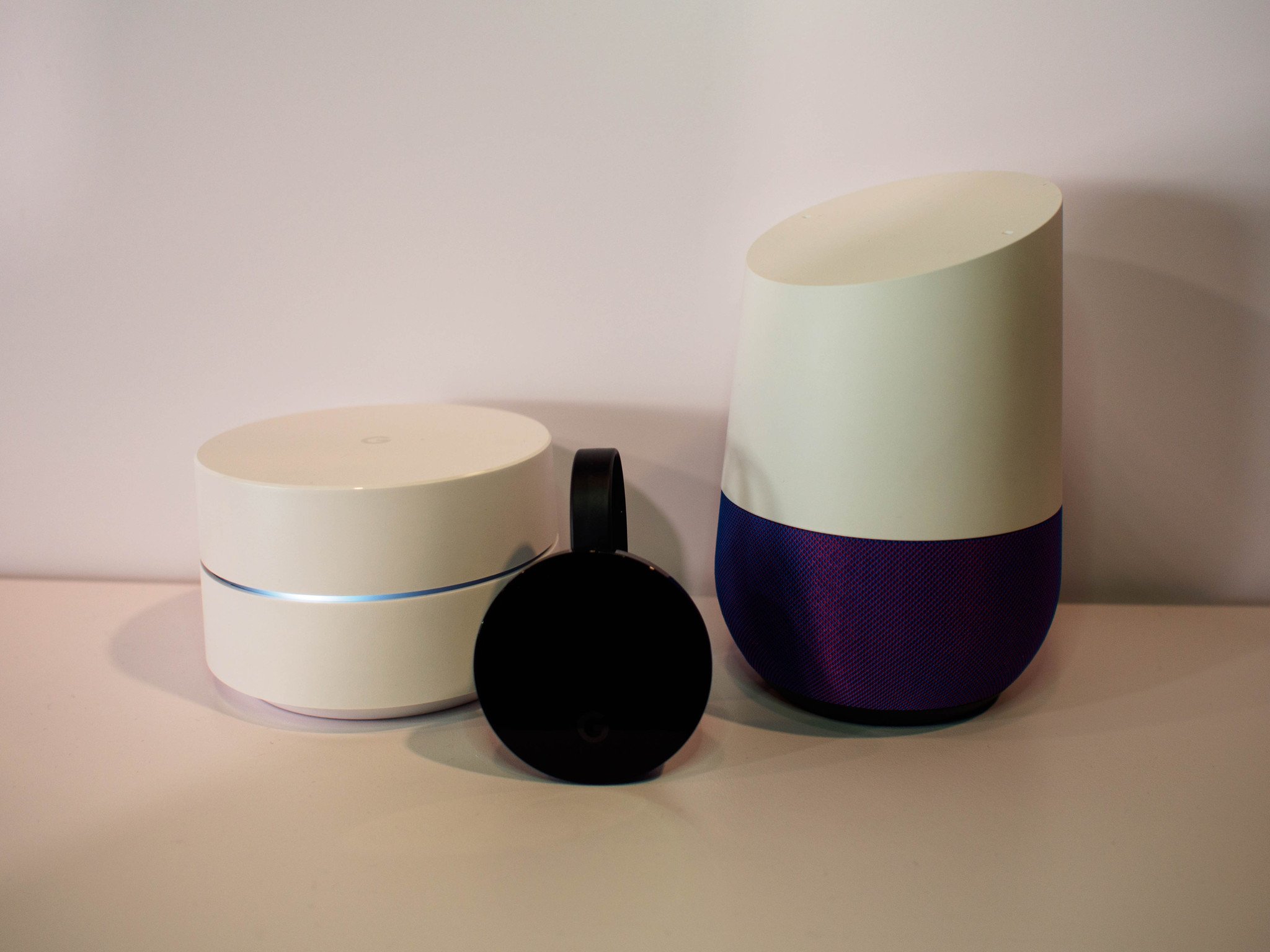It's a harder decision than you think.
Big in importance but small in stature, the Home Mini was overshadowed by the Pixel 2 announcement at Google's recent hardware event. But it's an important addition to the company's hardware canon.
At just $49, the rounded plastic puck, covered in fabric, is an inexpensive entry into Google's burgeoning smart home ecosystem. It offers a speaker that while lacking in bass is adequate for most voice-based tasks. As it sits, its microphones listen for the "OK Google" hotword and, offers a growing number of commands through the Google Assistant, a cloud-based AI that hooks deep into Google's Knowledge Graph — the same back-end that powers the company's ubiquitous search engine.
For many people, the $49 price is right, and will likely prove to be an excellent holiday gift. But is it worth springing the extra $80 (when not on sale) for the larger, better-sounding Google Home? Let's discuss.
Capabilities
Google Home is the company's flagship smart speaker (for now, until the $399 Home Max comes out) and it was built with Google Assistant in mind. It has two far-field microphones that are designed to pick up one's voice even when there is ambient noise around it. It has a touch-sensitive top area with four colored LEDs that light up and dance when activated. It's powered by a proprietary DC power connection and a has a mute button on the back for times you don't want the microphone to listen.
For some reason, Google chose Micro-USB instead of the more-versatile USB-C to charge the Home Mini.
The Home Mini is significantly smaller and doesn't have the same number of features — for obvious reasons. It lacks the top touch controls of the Google Home (which turned out to be a critical design flaw in the hardware itself, forcing Google to permanently disable the feature), and has neither the absolute volume nor the microphone sensitivity of its larger counterpart.
It also charges with Micro-USB instead of a more power-hungry DC plug, and the mute function is a switch, not a button. Finally, changing the volume on the Home Mini involves tapping on the left or right edge of the front instead of the more tactile and, ultimately, functional way of moving one's finger over the Home's top touch panel.
At the same time, the units are functionally identical where it counts: Google Assistant. Each improvement made to Assistant — from supporting new smart home products to being better able to answer direct questions using the "OK Google" hotword — is rolled out to every unit. Both the Home and Home Mini will grow and improve in abilities over time, and neither should benefit disproportionately from software improvements made over time.
Sound quality
The main difference between the two speakers isn't functionality but sound quality. Google Home has a 2-inch driver and dual 2-inch passive radiators, which drive a tremendous amount of low-end for a speaker of this size. It's certainly better than the first-generation Amazon Echo, and very enjoyable to listen to when jamming to hip-hop, rock, or even jazz.
The Google Home Mini is a circumaural (or 360-degree) speaker, and lacks the size for a bass-generating woofer. As you can see in the video below, both sound good, but the larger Home definitely has a wider range and emphatic low-end.
Still, the Home Mini holds its own, and does so in a form factor that is less than a quarter the size of the Google Home itself. And if the sound quality from the Home Mini isn't good enough, it supports outputting music to a Chromecast Audio-connected speaker system.
Which should you buy?
At $49, you can buy two Home Minis for the price of a single Home, with money to spare. Given that Google's Home ecosystem supports multi-speaker groupings, for people with a large house it may be a better idea to purchase a duo of Home Minis over a single Home, especially if they're going to work in conjunction with a Chromecast Audio-enabled speaker.
But for a smaller apartment, or the sake of simplicity, a Google Home is the right answer. It has the perfect balance of volume, sound fidelity, and bass for a small to medium-sized room, and its microphones are scary-accurate, even when music is blaring or the room is full of other sounds.
Google Hardware
- Google Wifi review
- Google Home review
- Chromecast Ultra: all you need to know
- Which Chromecast should you buy?
Google Wifi:
Google Amazon
Google Home:
Google Best Buy
Chromecast Ultra:
Google Best Buy






Tidak ada komentar:
Posting Komentar